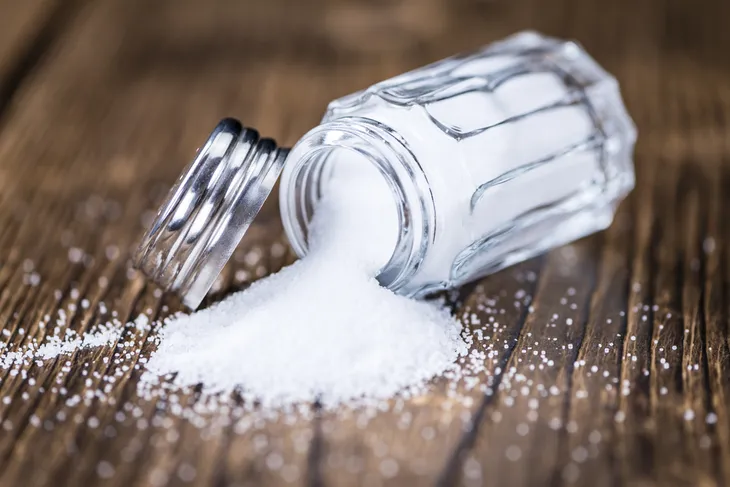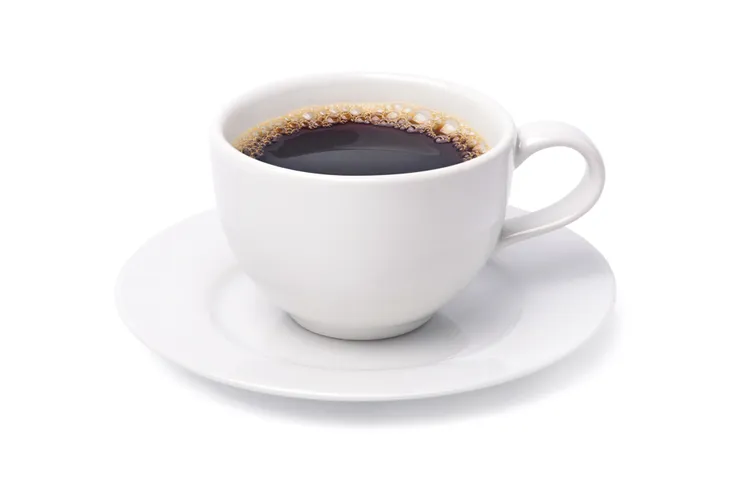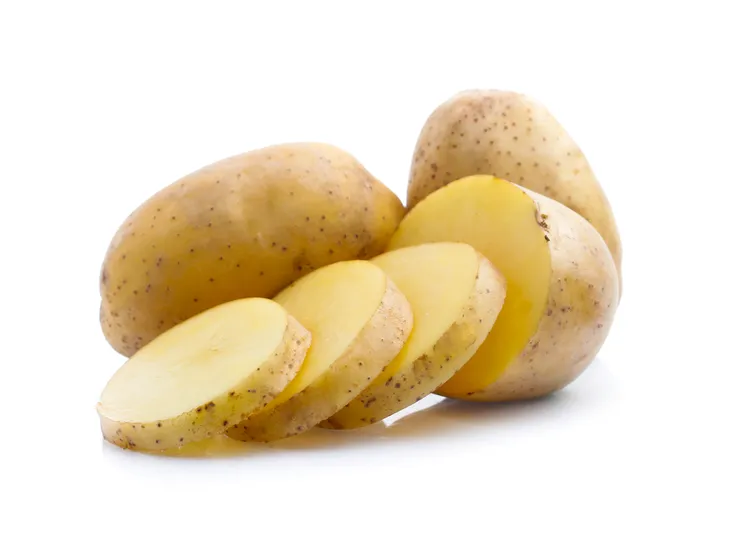According to the latest statistics from the American Heart Association, 28-percent of U.S. adults suffer from high blood pressure and risk a correlated heart attack, aneurysm, stroke, or kidney failure. While prescription drugs are one option for reducing dangerously high blood pressure, the related side effects—including insomnia, painful leg cramps, lightheadedness, and even fainting spells—are not worth the dangers to many patients.
If you aren’t sold on a lifetime of taking medication, talk to your doctor about these effective strategies for naturally and safely lowering your blood pressure…
Want diet & nutrition content delivered straight to your inbox? Sign up for our exclusive diet & nutrition newsletter!
1. Lower Sodium Intake
Nutritionists from the National Heart, Lung, and Blood Institute point out that certain denominations—including folks of African American descent, people with a family history of elevated blood pressure, and elderly individuals—are prone to salt-sensitive blood pressure. Unfortunately, doctors can’t test you to pinpoint the sodium-sensitivity.
For this reason, reducing salt in your diet is essential if you suffer from high blood pressure. That means avoiding extra salt on your popcorn and vegetables as well as cutting processed snacks, prepared sauces and spice mixes, salad dressings, and canned foods containing excess levels of salt from your diet completely. Learn to examine food labels closely to know exactly how much salt you’re actually eating.
2. Brew Decaf Coffee
Even though controversy swirls around the influence of caffeine on blood pressure, reputed medical studies continually connect caffeine with dangerously elevated blood pressure. For instance, researchers from Duke University Medical Center, in Durham, North Carolina, say that 3, 8-ounce cups of java per day will increase an individual’s blood pressure by up to 4-mmhg (or millimeter of mercury), which will keep blood pressure soaring well past bedtime.
The Duke researchers claim that drinking caffeinated beverages—including soda, coffee, and caffeinated teas—magnifies stress response by causing blood vessels to constrict while pumping more blood and increasing heart rate. If you already have elevated blood pressure, caffeine can have a detrimental impact on your heart health.
3. Relax to Music
The findings of a research study from the University of Florence, in Italy will be music to your ears if you suffer from high blood pressure! Scientists monitored the effects of soothing classical, Indian, or Celtic tunes on 28 patients diagnosed with high blood pressure who also took hypertension medication.
Study participants listened to the music for 30-minutes each day while relaxing and focusing on breathing for a one-week duration and a one-month duration. When researchers measured the systolic readings of the patients after one week they discovered a 3.2-point drop, on average. After a month of music listening, the same patients’ systolic readings were 4.4-points lower, on average.
4. Cure the Snoring Beast
If you snore chronically (just ask your partner or spouse, they’ll tell you) chances are you suffer from obstructive sleep apnea (or OSA), a condition linked to elevated aldosterone hormone levels and high blood pressure.
A study conducted by University of Alabama researchers speculates that roughly half of patients with sleep apnea also suffer from undiagnosed high blood pressure. This elevated blood pressure is triggered by severe breathing interruptions during sleep that lead to loss of shut-eye, daytime fatigue, weight gain, and hormonal imbalances.
5. Load Up on Potatoes
First off let me be clear that not all potatoes (or preparations of the vegetable) are created equally. That means this is not an excuse to eat as many French fries as you can in one sitting. However, incorporating healthy versions of the spud (i.e., plain baked, boiled, or grilled) into your weekly diet can help reduce high blood pressure.
In fact, doctors of Preventive Medicine at Northwestern University Feinberg School of Medicine, link the high potassium source to healthier blood pressure levels. Additional potassium-rich veggie sources include raisins, prunes, sweet potatoes, bananas, and tomatoes.
6. Break for Fitness
The American Heart Association recommends daily exercise for all hypertensive patients. Safe forms of fitness should be vigorous, but not too impactful for those new to exercise. For instance, daily 30-minute walks, swimming laps or doing aqua fitness, yoga, qui gong, cycling, and aerobics classes (i.e., Zumba) can be a great way to loose excess weight while safely lowering blood pressure.
While it’s important to listen to your body and go at your own pace, daily physical fitness will encourage more efficient heart-oxygen exchange, putting less stress on your heart as it pumps blood. Plus, as you become accustomed to daily exercise, you’ll be able to increase duration, intensity, and speed.
7. Moderate Drinking Encouraged
Remember what I said about the potatoes? Well, it turns out that drinking alcohol (as long as it stays moderate) can also have positive effects on our cardiovascular health. So says a recent review study from Boston’s Brigham and Women’s Hospital that found women with high blood pressure who drank moderate amounts (i.e., 5-ounces of wine) actually reduced blood pressure by a whole point when compared to women patients who didn’t drink at all.
Of course there is a fine line between light drinking and imbibing more than 1.5-ounces of spirits, 5-ounces of wine, or 12-ounces of beer in a sitting, ladies. Researchers agree that moderate drinking—which is no more than two drinks for males and one drink for females—can protect the heart and reduce the overall risk of heart disease.
8. Put a Stop to Overtime Hours
We all know what a week or more of overtime hours does to our bodies. Suddenly, we’re eating take out on the way to and from the office, sitting all day long in the same spot, and exercising…well, not at all. It comes as no surprise that working too much increases stress and leads to high blood pressure, weight gain, heart attack, and stroke.
When researchers at the University of California, Irvine, studied the work habits of 24,205 California residents they found that those who worked in excess of 41 hours per week increased their risk of hypertension by 15-percent. So remember, even though you’re tempted to burn the candle at both ends, breaking at 5pm for a run and a healthy, home cooked meal will protect your heart and extend your longevity.











